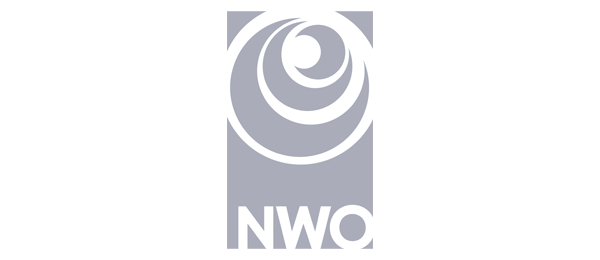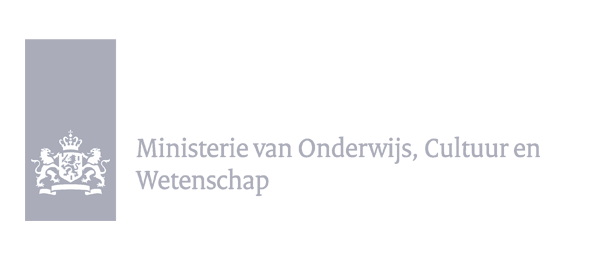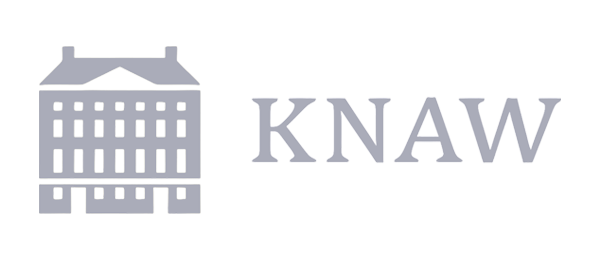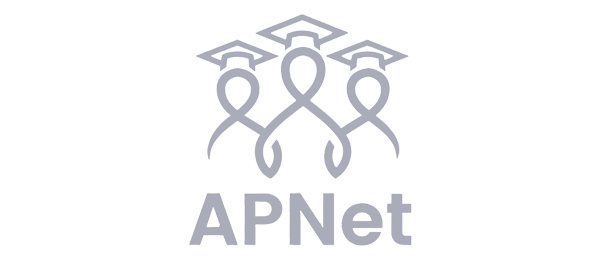One of the most crucial documents you will submit is your resume, regardless of whether you are applying for a position in academia or industry. A strong resume is clear, strategic, and customized. Show why your experience is relevant to the position you’re applying for, rather than just listing your accomplishments. Think about your strengths and explain them to your next audience, whether they are in academia or not. You can effectively modify your resume for various career paths with the help of this guide.
Know Your Audience
Core Sections for both types of CVs
- Contact Information
Add your name, phone number, email address, LinkedIn profile (optional), and nationality/residency status (particularly for applications from overseas) - Professional Summary (helpful but optional)
A three- to four-line summary that highlights your experience and goals - Education
List your degrees, institutions, graduation years, and thesis titles (if relevant) - Work Experience / Appointments
Add your research, teaching, and industry experience. When describing duties and accomplishments, use bullet points - Skills
- Technical skills (such as software, programming, and lab techniques)
- Transferable skills (e.g., project management, communication, and leadership)
- Language proficiency (name levels such as C1, B2, etc.)
Academic CV: Essential Components
- Publications: List relevant works, including preprints, chapters, and peer-reviewed articles
- Grants & Fellowships: Include your role (PI, co-applicant, etc.)
- Teaching Experience: Courses taught, guest lecturers, and student supervision
- Conferences & Presentations: Give international events and invited talks top priority
- Service & Leadership: Mentoring, peer review, and committee work
Tip: Use a consistent referencing style (APA, MLA, etc.), particularly when applying abroad.
Industry CV: What to highlight
- Achievements: Quantify the outcomes (e.g., “30% increase in data pipeline speed”)
- Teamwork & Collaboration: Bring up leadership positions and cross-functional projects
- Problem-Solving Examples: Demonstrate impact beyond research
- Key words from Job Description: Customize each resume for the position
- Soft Skills: Communication, flexibility, and time management are all highly regarded
Tip: If publications aren’t directly related, don’t include them. Steer clear of academic jargon and speak in simple language.
Advice for International Postdocs
- Dutch employers value conciseness and clarity, so steer clear of lengthy resumes
- If you’re transitioning to industry, consider a skills-based CV
- If it makes hiring logistics easier, highlight your EU status or residency permit
- A cover letter (in dutch “motivatiebrief”) is nearly always required by Dutch employers
Formatting Tips
- Use reverse chronological order
- Keep a consistent and tidy formatting (avoid extensive designwork unless you are in a creative role)
- Unless otherwise specified, save as a PDF
- Use a clear filename: LastName_CV_Position.pdf
Resources and Assistance
- University Career Services – Career coaching, mock interviews, CV checks
- PostdocNL Events: Workshops on job applications and career development
- Online Tools – Online resources include academic CV templates, LinkedIn Learning, and Europass CV















